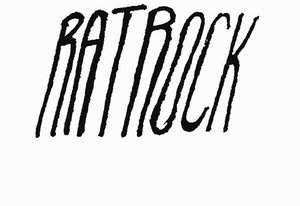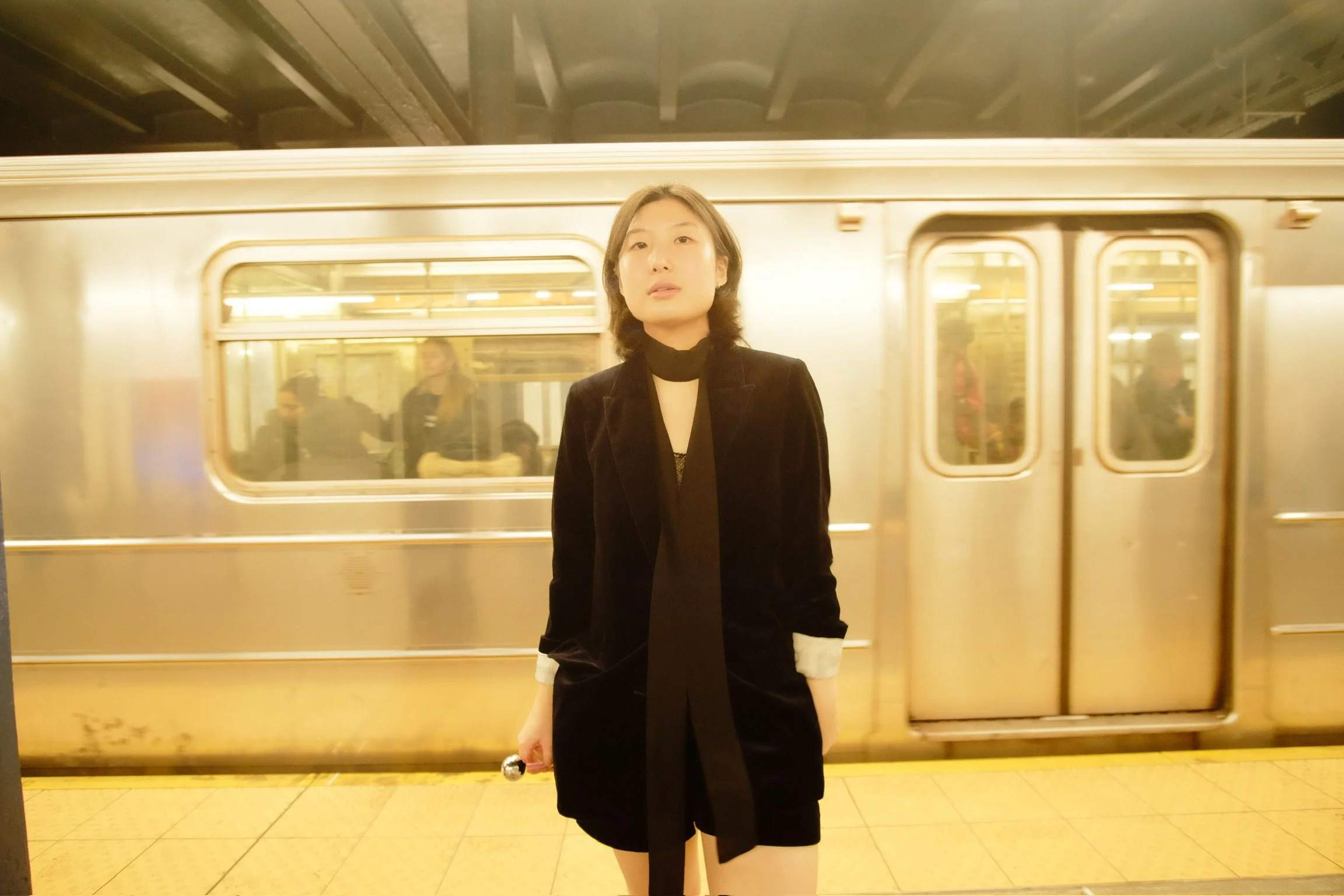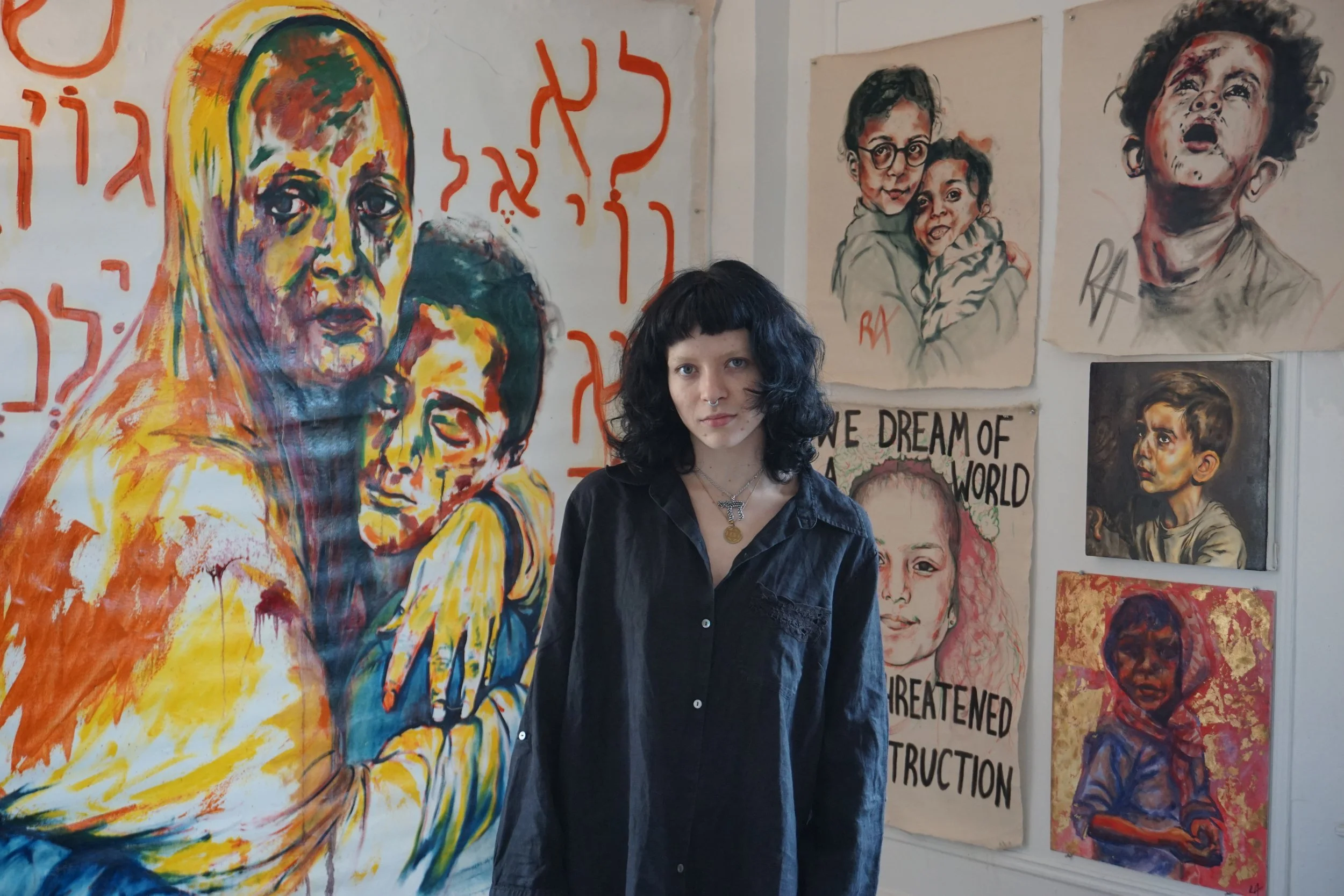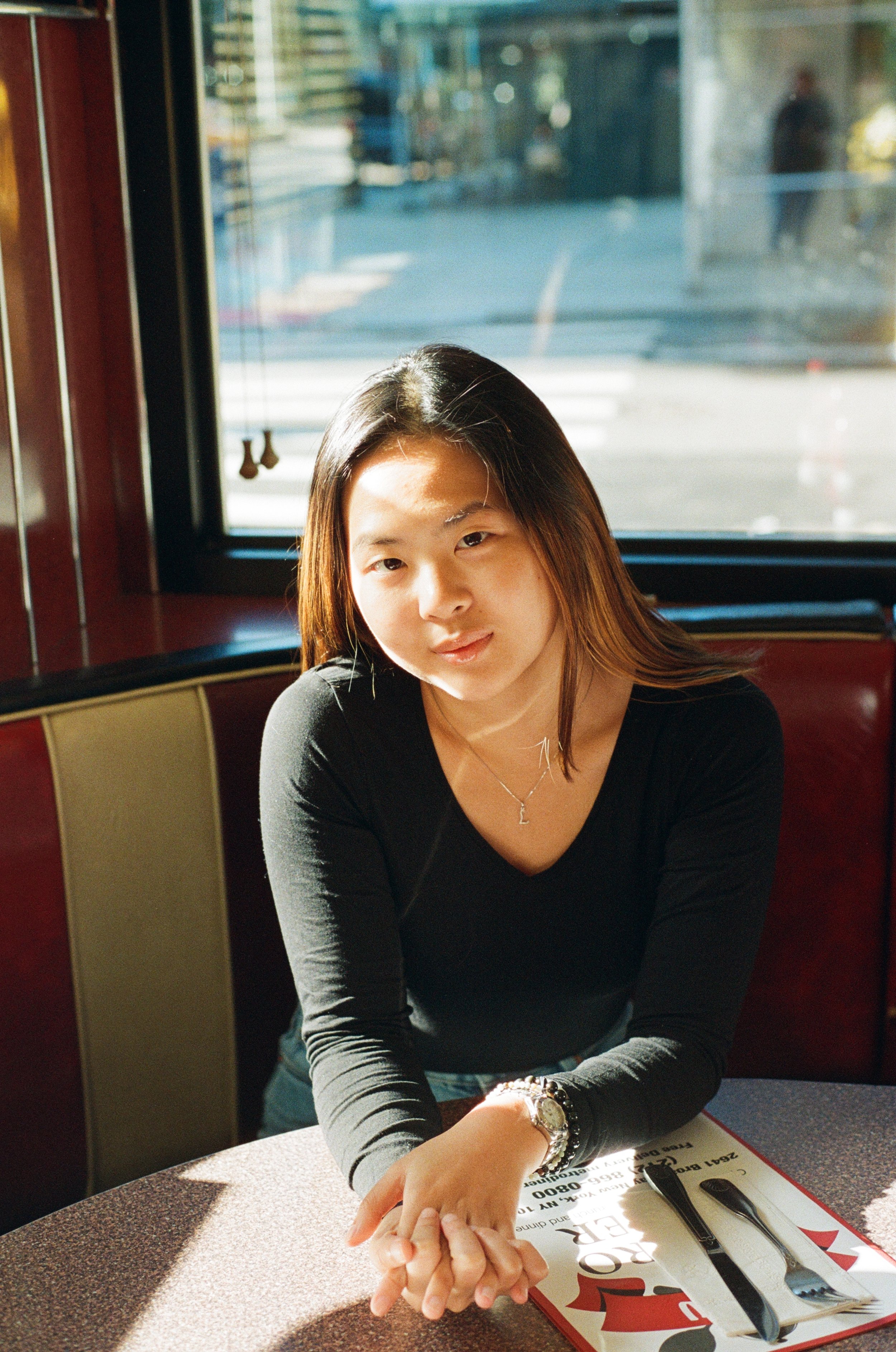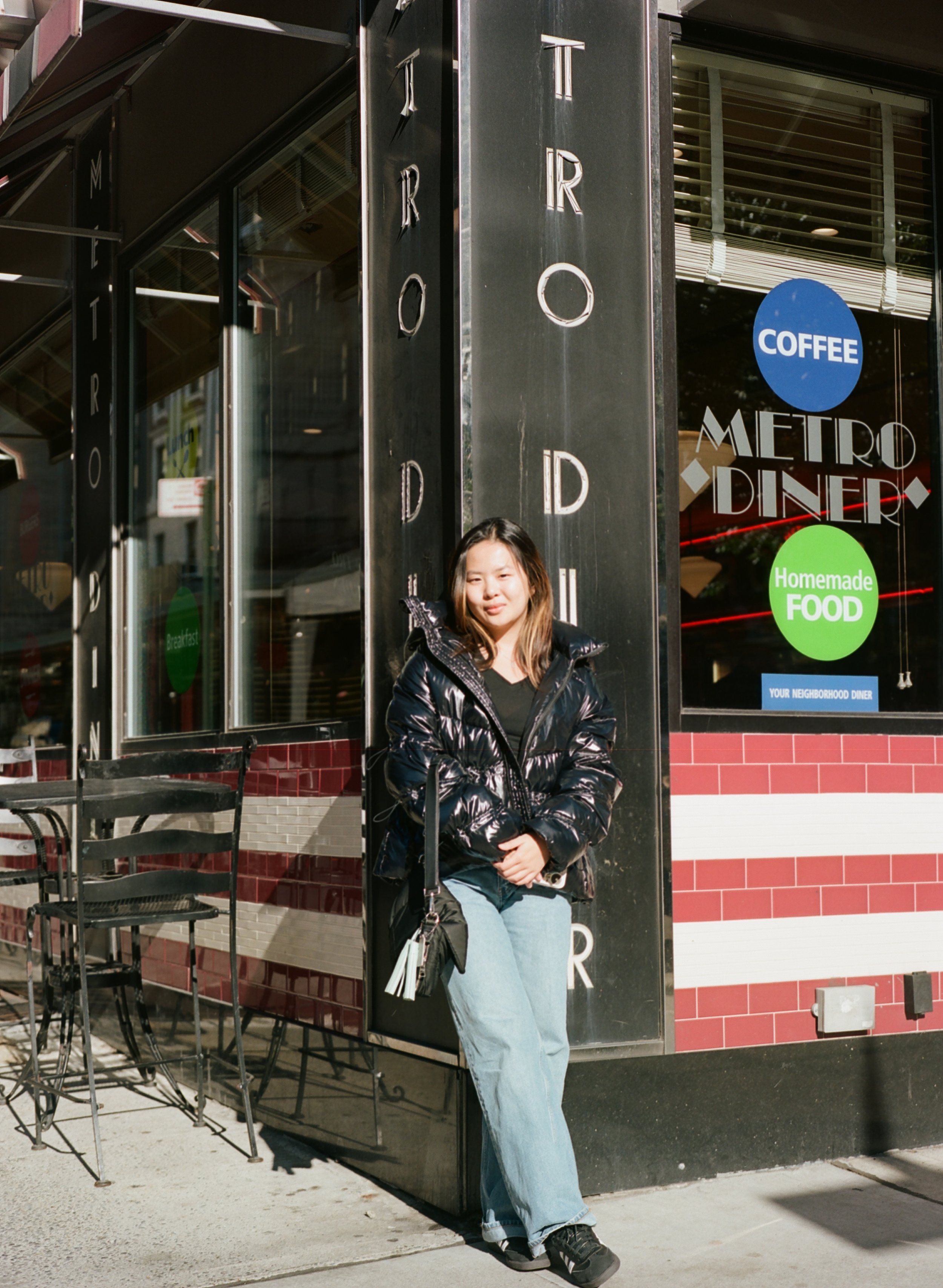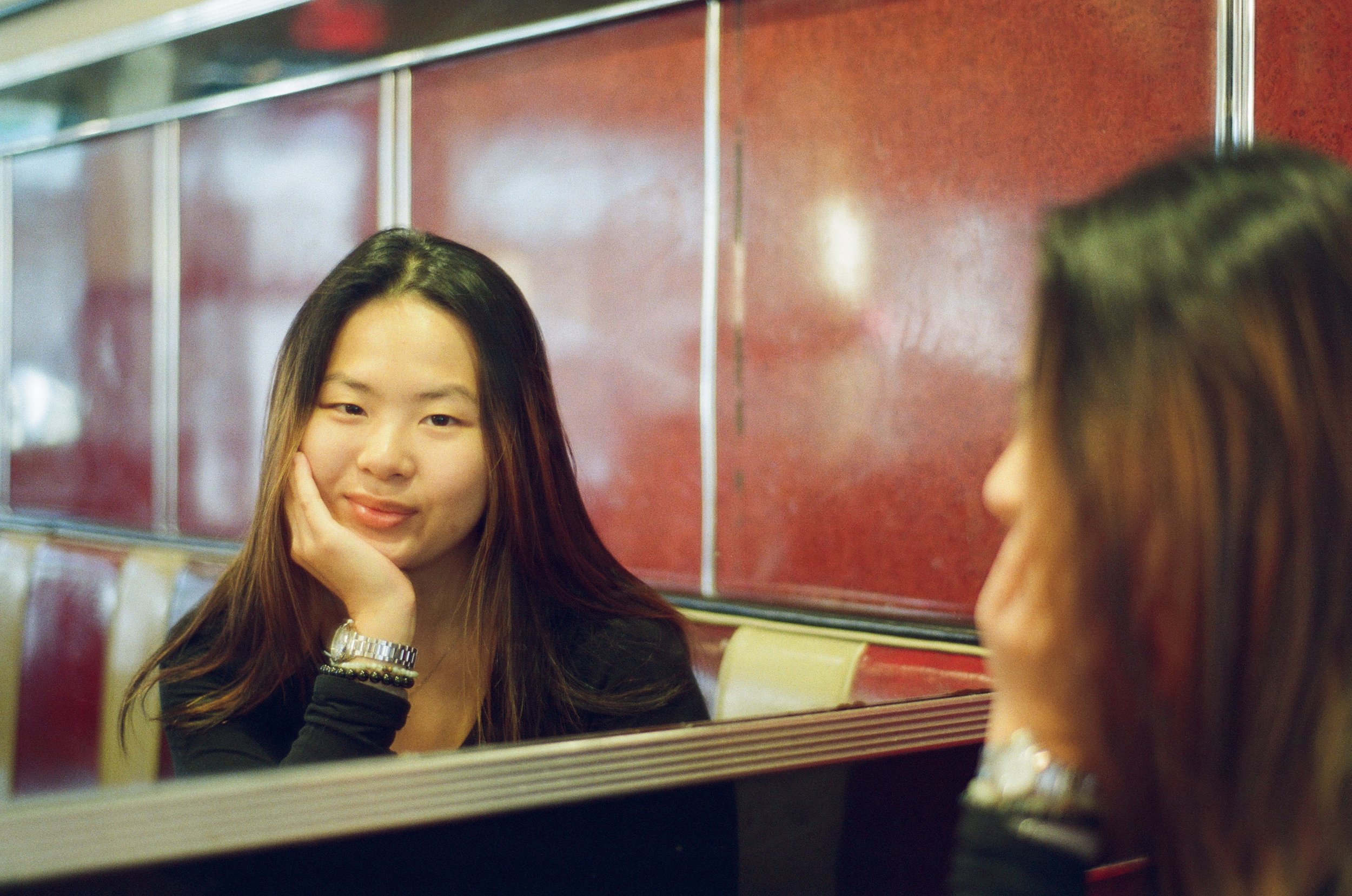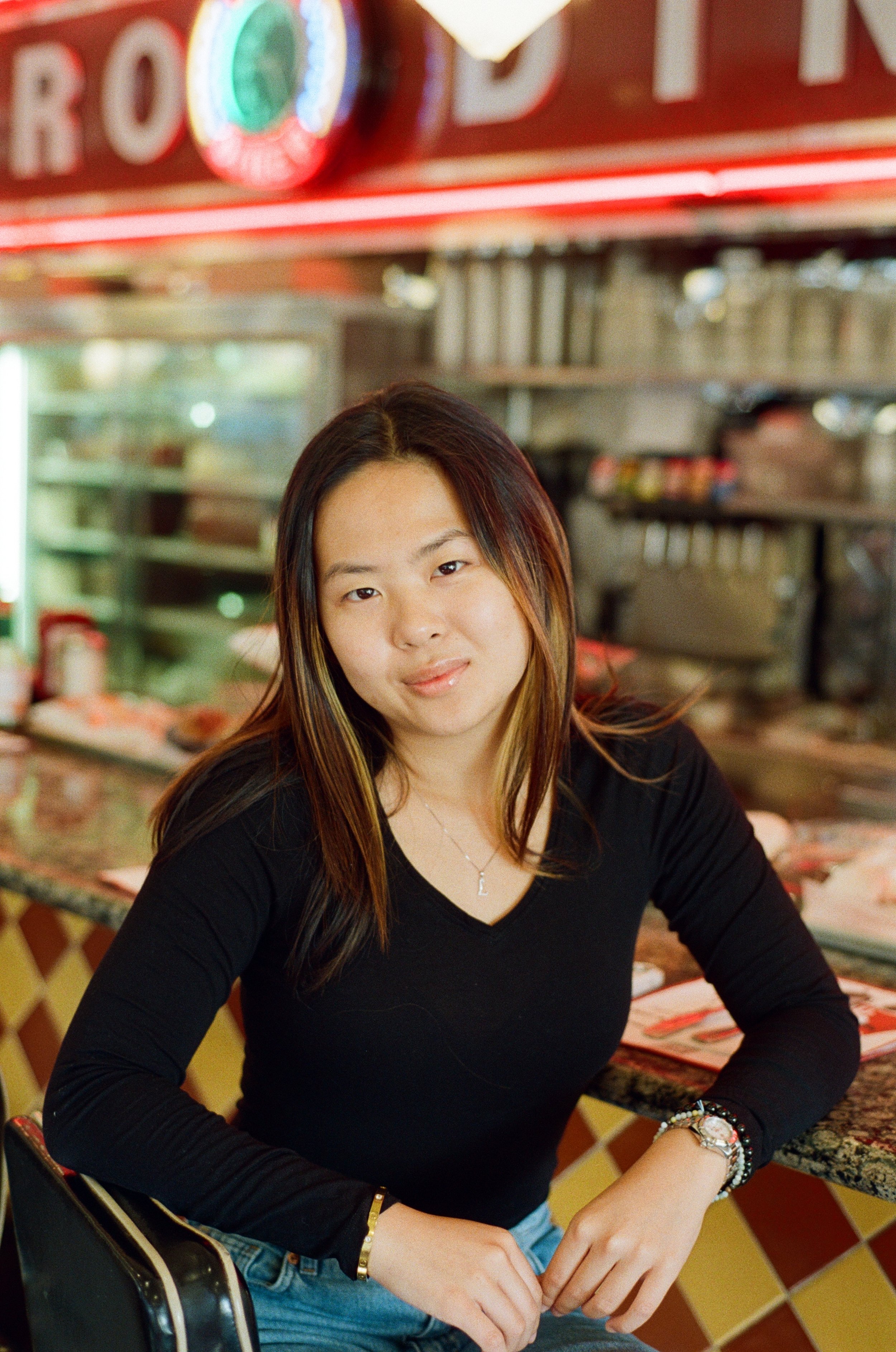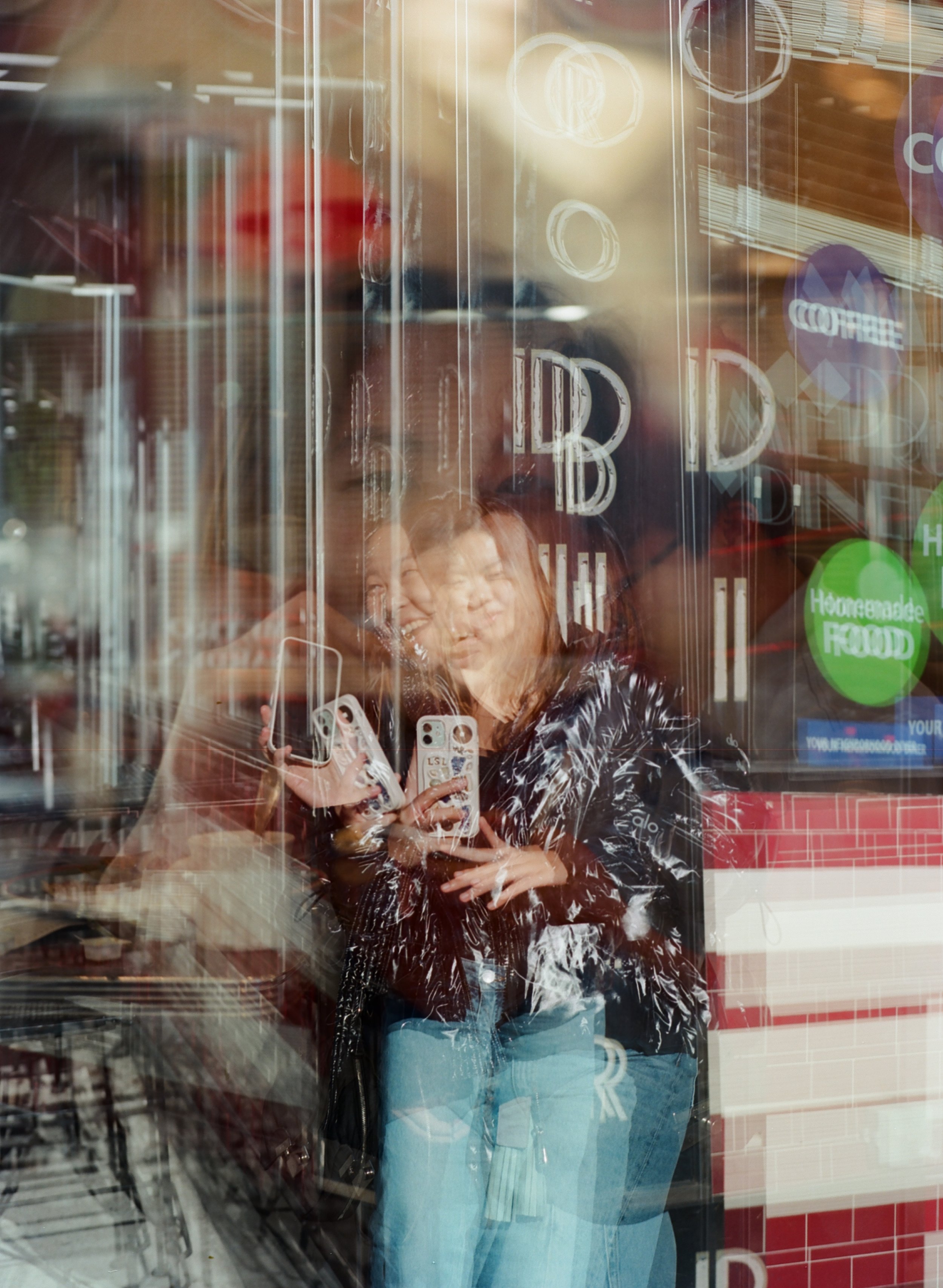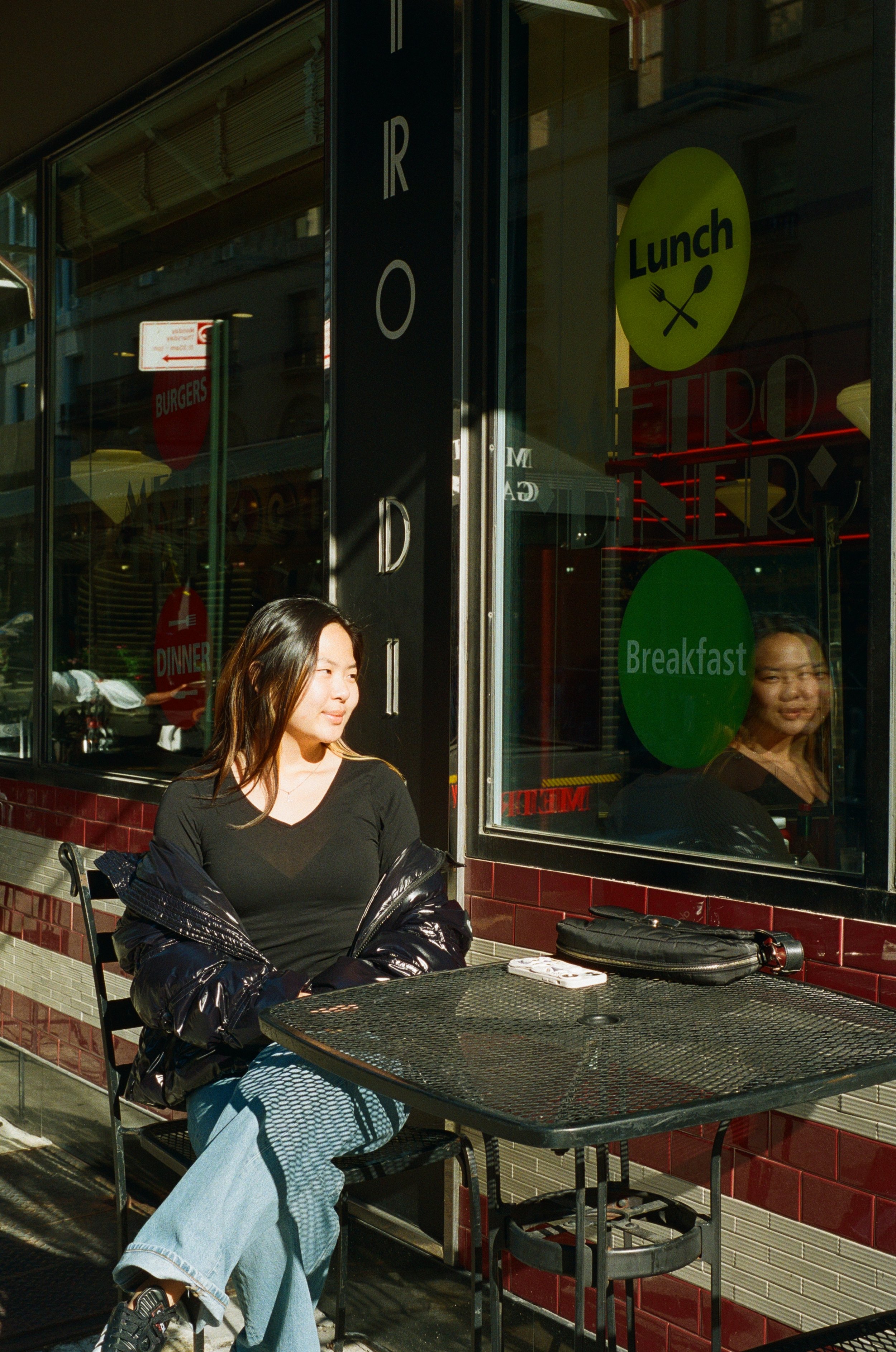Feature by Julia Tolda
Photos by Amelia Fay
Production Assistants: Will Park and Mori Liu
Lauren Lee is a senior at Barnard, majoring in Visual Arts and Art History. She is a Scorpio sun, Leo moon, and Aquarius rising, originally from Malaysia. We meet at Cafe Amrita on a chilly fall afternoon. She orders hot chocolate, and we have a conversation about how she rarely drinks coffee. Stuck in her head is a line from Semi-Charmed Life by Third Eye Blind, that goes “When I'm with you, I feel like I could die and that would be all right.”
JULIA TOLDA: Why did you start photographing?
LAUREN LEE: I got into photography because I'm an introvert. At parties, I would be too nervous to talk to anyone, so sometimes I would bring my camera. And once you have a camera, you kind of blend into the background. You can deflect conversations by asking people if they want a photo. You take it and then disappear. A lot of my photography started out as this kind of “wallflower photography”. I like it when people pretend I'm not there—not invading—but rather capturing moments they'll want to remember or are important to remember.
Le Bain
Most of my work has to do with themes of being this weird, foreign body, occupying foreign space. When I first moved to New York, photography was a method of looking into this whole new culture. The photos I take here are not like anything at home in Malaysia.
JT: What is it that you like most about photography?
LL: I really like thinking on my feet. I enjoy being put into situations where I don't know what's going to happen. I love the thrill of unpredictability, and combined with the visual aspect of photography—making things look good and being able to capture them. Imprisoning a second into an image. And with film photography, it’s even more of a challenge. Once I fell in love with it, I really dedicated myself to becoming better. After years of pushing myself, photography had become a hobby, and then suddenly I had a portfolio!
JT: Is photography more than a hobby for you now? Where has photography been taking you?
LL: Photography is no longer a hobby, although it started as one. Having my work in galleries has made it more concrete, which is something I never thought would happen. If I had known this was something I could do, photography would have been a career option from day one. It’s nice to have a creative side! My experience with photography as an art has recently expanded to include painting and drawing.
JT: I’d love to hear more about your painting and your other visual artwork.
LL: My painting and drawings were really an accident. I had this phase last year, where I think life just caught up to me. I didn’t want to go to parties, all I wanted was to lock myself in my studio. One day, someone left this empty canvas that they had primed and gessoed and everything, just perfect. So, I was like “fuck it, let's play around”... And that was the most therapeutic thing that I'd done in years. I remember feeling so exhausted afterwards that I didn't even look at my work. I just went home and fell asleep for hours.
After that I slowly started to tap into painting and drawing, I wanted to make it intentional. I started going to the studio to play with color and also the idea of text.
I feel like my work is super child-like. Every time I do a painting or a drawing, I never plan it. I never know how it's going to be at first, but I will look at the work a week later and realize what was going on in my head—that I poured it all out into art.
JT: Tell me more about the role of text in your work.
LL: Photography made me view text as exclusively either found or created. In actuality, writing is so much more complicated than that. I started playing around with the boundaries between drawings and words.
A lot of the texts that I do relate to relationships, connection, and isolation. The words kind of just come out, sometimes inspired by songs or something else I’ve heard, but I don't plan my writing at all. It just happens.
JT: You touched on the idea of foreignness in your work, which many times can be considered quite political. Where do you draw the line between the personal and the political?
LL: Most of my work, I would argue, is very psychological, very internal. And I guess I mainly depict the female experience. There's a quote from a paper that I read that said “the process of becoming a woman is unremittingly grim.” You are not born a woman; you become one based on the environment that you're thrown into. My work is about my experiences, but it's not limited to me. I mean, being a woman is political, right? Nothing is too political
I do wonder about how other people perceive me and my work, though. Am I limited to that of a foreign being—an alien in your head? Or are you able to understand my work as universal? Oftentimes, when women look at my work they say, ‘This is super powerful, you managed to put these feelings I have onto paper. Men look at my work and I get a lot of ‘Oh, this looks like Basquiat,’ or 'This looks like Keith Haring.’...
JT: What are some of your inspirations?
LL: I like Rothko. I like sitting in front of that and dissociating. I used to be really into Basquiat before the super saturation, and the hyper-capitalization of his work… See, I hate saying I'm an artist as a woman and then not naming women as inspirations! There's a woman out there. I promise.
JT: Speaking of the female experience, how do you feel about the term “woman artist”?
LL: Have you read the paper Why there are no great women artists? Everyone's fucking read it at this school! The main point is that we have no great female artist because people didn't think women could do art. (And institutional obstacles, obviously.)
I hate the term woman artist. I am insanely tapped into how people perceive me, especially as an artist. When I hide my name from my work, I get different impressions on it. If the viewer knows I am a woman, that adds meaning to my work…
JT: Here is the million-dollar question. How do you want to be perceived?
LL: I want to be perceived as…[she pauses for a moment and trails off]. I guess as who I am. But that's tough because I don't really know who I am. I grew up in a totally different world: I was trained to know what the other person was thinking all the time and to cater to them. I always had to be a good reflection on my family or yourself and all that. I have this weird, twisted relationship with my perception of myself.
For now, I guess who I am is quiet, introspective, and kind. It's always hard being kind as a woman because then where do you draw the line of being stepped on?
I would say my art is bold, and I'm bold... I don't know. I would love to be perceived as this mysterious person who never comes out of her cave, and makes art [laughs]. I want to be that person, but we'll see.
Disco Boots
JT: How do you feel about social media? What do you want to show the world? What don’t you?
LL: Social media deeply terrifies me. I have this complex with Instagram where I hate posting pictures of myself. I kind of want to go total ghost. Maybe it's all my Scorpio placements… But it’s mainly something I just use to post my work now.
It's so scary to have your life on display in such a limited view for others to perceive. I took a long break from Instagram, and then I made the shift to mainly posting my work and not myself. I wondered if how others view me changes how they view my art. I don't even post most of my art because of how personal it is. If you notice, the text in my work is super small, like whispering secrets, almost.
Something about posting my work on social media seems like a challenge, especially works with text that reveal my feelings. I suppose that's the point of art: vulnerability, to create work that people can relate to. For now, I post just my main works or things I feel like the world should or needs to see. Hopefully once I graduate, I will go out with a bang and post whatever the fuck I want. My art doesn’t need to cater to other people’s feelings–I make art that should be seen! I need to claim that!
Find out more about her @laurenpohlee
